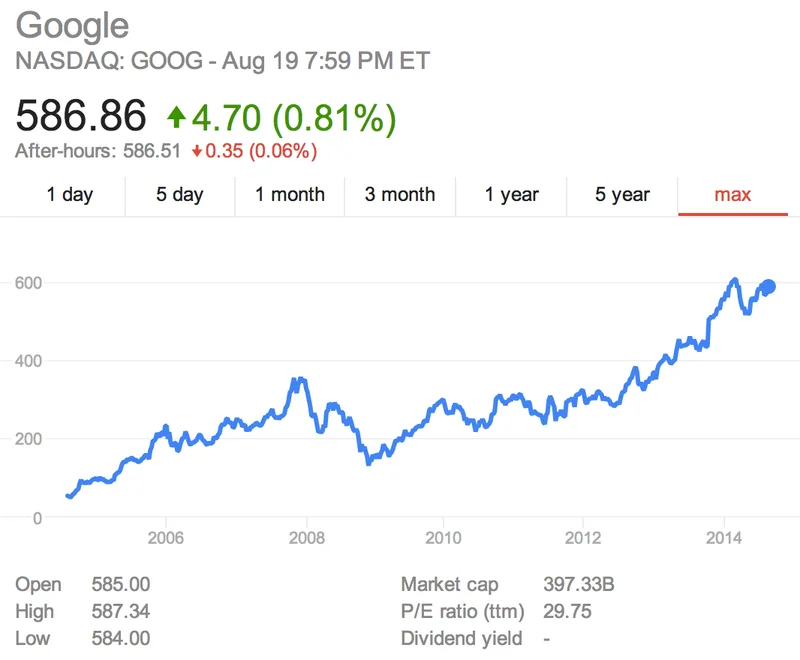Professional Vision. Smarter Crypto Decisions.
Professional Vision. Smarter Crypto Decisions.
Google's AI Shopping Assistant: Or How to Automate Your Way to Dystopia
So, Google wants its AI to shop for you now? Let me get this straight. We're handing over our wallets, our preferences, and our voices to the same company that can't seem to keep Europe off its back about antitrust violations? What could possibly go wrong?
They're calling it "AI Mode" in Search and "agentic checkout." Sounds fancy, right? But strip away the PR fluff, and what you've got is a system designed to further blur the lines between search, ads, and transactions. They want to "deepen Google's data on shopping intent." Translation: They want to know everything you're even thinking about buying.
And this "Let Google Call" button? Seriously? I'm supposed to let an AI phone local stores and haggle for me? I can barely get a human on the phone these days who isn't reading from a script. What makes anyone think an AI is going to do a better job? It's going to be sales calls ALL THE TIME.
It's like handing a toddler a loaded weapon and expecting them to use it responsibly. Google's track record with privacy ain't exactly stellar, and now they want even more access to our lives.
The promise, offcourse, is convenience. But at what cost? Are we so lazy that we're willing to sacrifice our privacy and autonomy for the sake of a slightly easier shopping experience?
Speaking of Google's less-than-stellar track record, let's not forget the EU breathing down their neck, again. The European Commission is still sniffing around Google's ad-tech practices, threatening fines that could reach "up to 10% of the company's total worldwide turnover." That's a cool $77 billion, give or take.
They're being accused of "punishing news media" with their "site reputation abuse policy." Google says it's to stop publishers from manipulating search results, but the EU thinks it's just Google being a bully. Who's right? Honestly, who cares. It's just more regulatory baggage weighing down the stock.

And then there's that €573 million antitrust fine in Germany. Ouch. It's "small relative to Alphabet's quarterly net income," they say, but it "underlines how EU antitrust findings can translate into costly civil litigation for years after the original decision."
It's like watching a slow-motion train wreck. You know it's coming, but you can't look away.
But wait, there's more! A new class-action lawsuit alleges that Google "secretly activated Gemini for all users of Gmail, Google Chat and Google Meet" to "monitor and collect private communications to train AI models without sufficient notice or explicit consent."
Then again, maybe I'm the crazy one here. Maybe everyone wants Google to read their emails and listen to their phone calls. Maybe I'm just a paranoid Luddite clinging to outdated notions of privacy. But let's be real... give me a break.
Alphabet is throwing money at AI like it's going out of style. Capex guidance is up to $91–93 billion, with spending focused on "data centers, AI chips and cloud infrastructure." They're issuing bonds left and right to finance this AI arms race.
They're betting the house on AI, and they need it to pay off. That's why they're pushing these AI shopping tools so aggressively. It ain't about making our lives better; it's about justifying their massive investments and keeping the stock price afloat.
The analysts are mostly bullish. Morgan Stanley has a $330 price target. Barclays is at $315. They all think AI is going to "accelerate key revenue lines."
But Michael Burry—the guy from "The Big Short"—is questioning whether Big Tech's profits are artificially inflated. He thinks they're spreading costs over too many years to make earnings look better than they actually are. Why Alphabet Stock Is Sinking Today, some analysts are predicting a downturn.
They're selling us convenience, but they're charging us with our data, our privacy, and our autonomy. And honestly... I'm not sure it's a price worth paying.